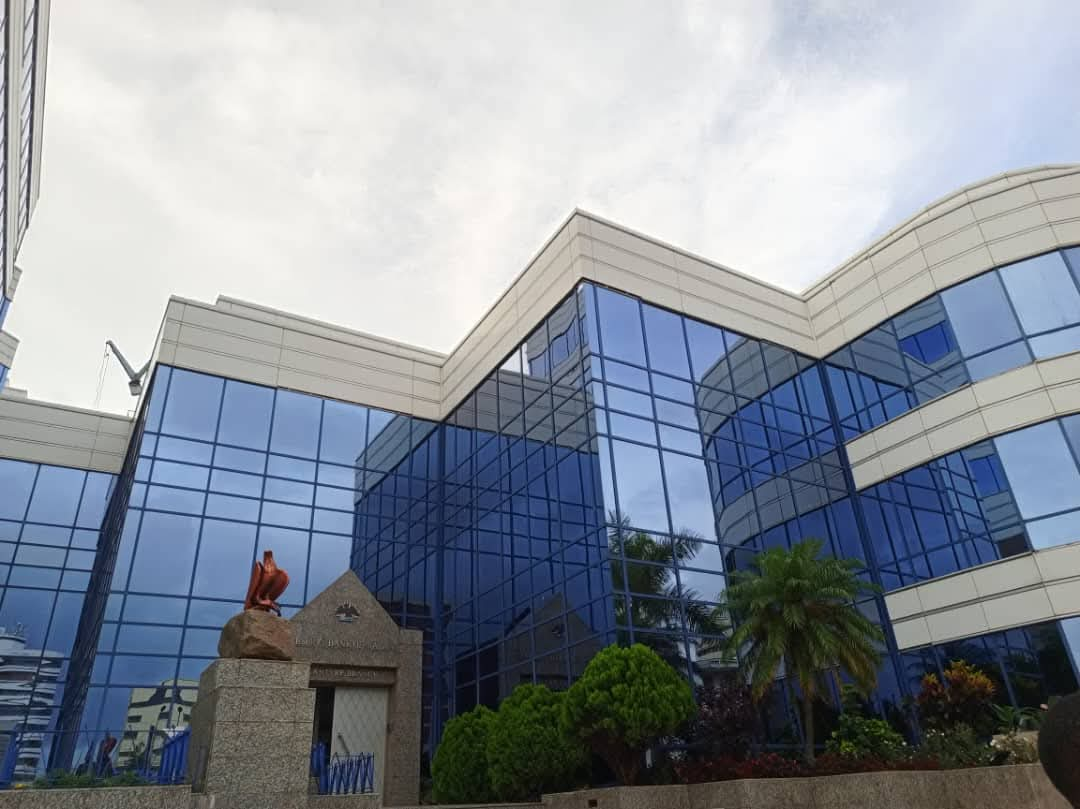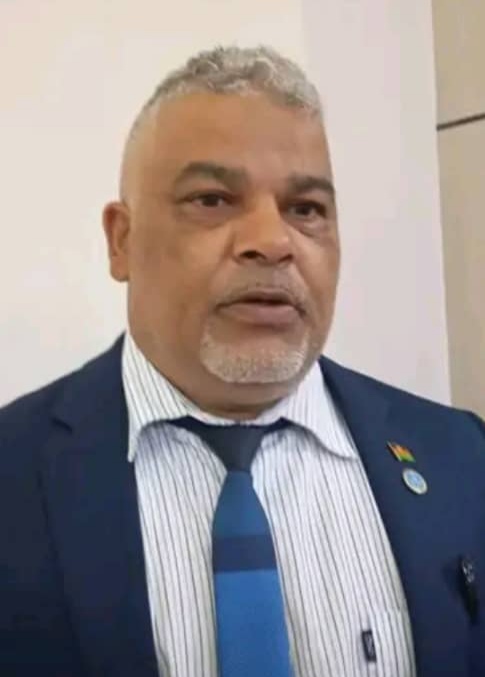By Burnett Munthali
The year is 2024, and Malawi’s heart beats on, albeit irregularly, in the corridors of Kamuzu Central Hospital, where this striking picture was taken. In it, we see more than just walls and beds; we see the state of our nation’s health care—bare, underfunded, and strained. Inspired by this picture, a group of compassionate well-wishers stepped forward with plans to raise funds to address the glaring needs within our hospitals. The effort was not meant to solve everything, but rather to make life a bit easier for those depending on the health sector.
But then, news broke. The government allocated an eye-watering 2.7 billion Kwacha for a tombstone project, a sum that left these well-wishers and millions of Malawians alike in disbelief. Overnight, plans to raise funds came to an abrupt halt. After all, they reasoned, if Malawi can find billions for monuments, then surely there’s money for medicine, equipment, and hospital upkeep. The question is not about having money but knowing where to spend it.
A question of priorities
In a country plagued by health crises, a staggering lack of drugs, deteriorating infrastructure, and an exodus of medical professionals due to poor working conditions, the idea of prioritizing a 2.7 billion Kwacha tombstone comes across as, at best, a misjudgment and, at worst, an insult to the people. This project casts a harsh spotlight on our government’s approach to financial management and priority setting.
Our hospitals, like Kamuzu Central, are in dire need of basic resources. Patients lie on worn-out mattresses, doctors scramble for essential medicines, and equipment failures are commonplace. Every day, Malawians—young and old, rich and poor—pass through these corridors hoping for healing but often facing despair. It is here that funds would make a visible and immediate impact, yet it is here that they are often lacking.
When symbolism overshadows substance
The 2.7 billion Kwacha tombstone project is said to be a symbol of national pride, honoring past leaders and remembering our history. But at what cost? History is indeed important, but not at the expense of our present health and well-being. If we truly want to honor our past leaders, should we not first ensure the welfare of our citizens? Shouldn’t our “monuments” be a thriving health system, quality education, and robust infrastructure?
The voice of the people
When these well-wishers saw the picture from Kamuzu Central, they saw an urgent call for action—a moment to step in where public resources had fallen short. But in the face of this 2.7 billion Kwacha misallocation, they, like so many Malawians, felt their voices unheard, their priorities disregarded. They decided to withdraw their support, not out of spite, but out of frustration with a system that seems to have lost sight of the people’s needs.
Their decision speaks volumes. It reflects the growing sentiment among Malawians that our leaders are disconnected from the harsh realities of daily life. It is a message that cannot be ignored: Malawi has the resources to make a difference, but the difference will only come when those resources are spent where they are most needed.
A call for real change
This picture from Kamuzu Central is not just a snapshot of one hospital—it is a mirror held up to our nation’s soul. It reveals our neglect, our misplaced priorities, and our missed opportunities. The message is clear: if Malawi is to move forward, we need to reassess our priorities. We need to place the well-being of our people above grand symbols and empty gestures.
Malawi, it is time to invest in what truly matters.




